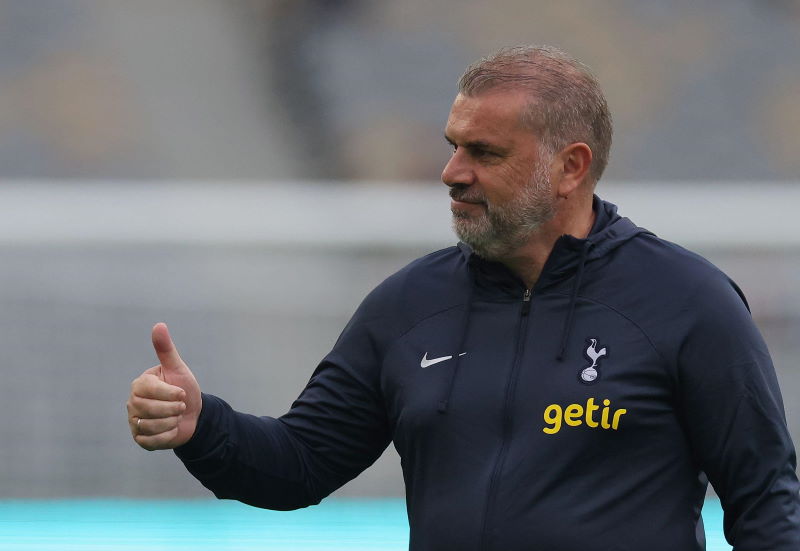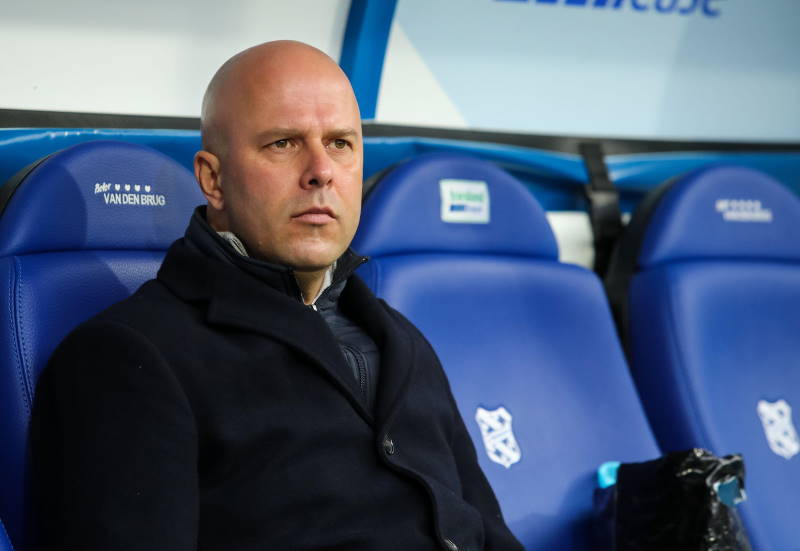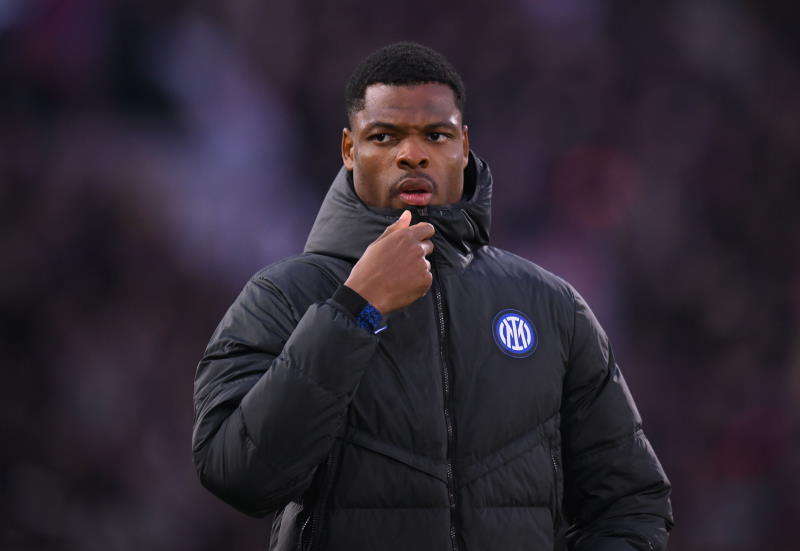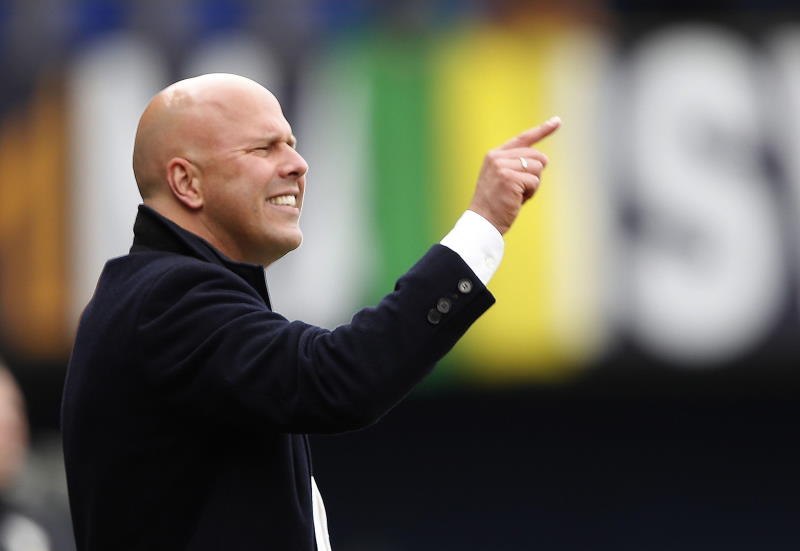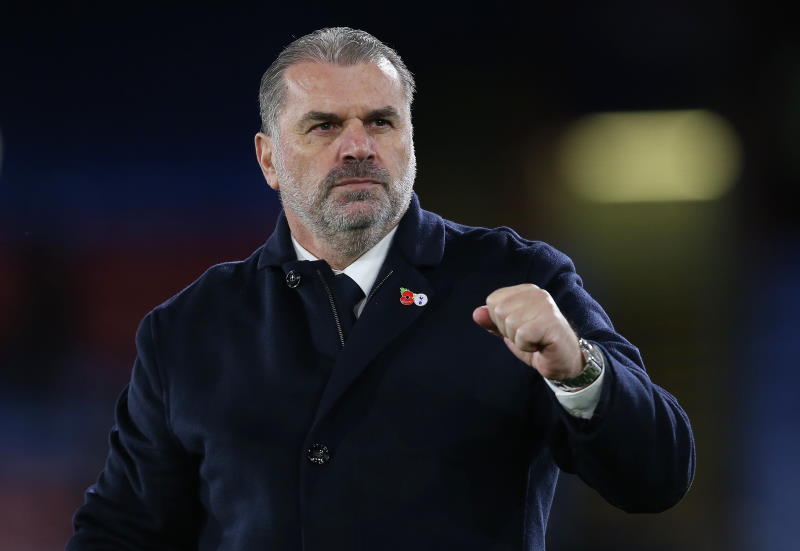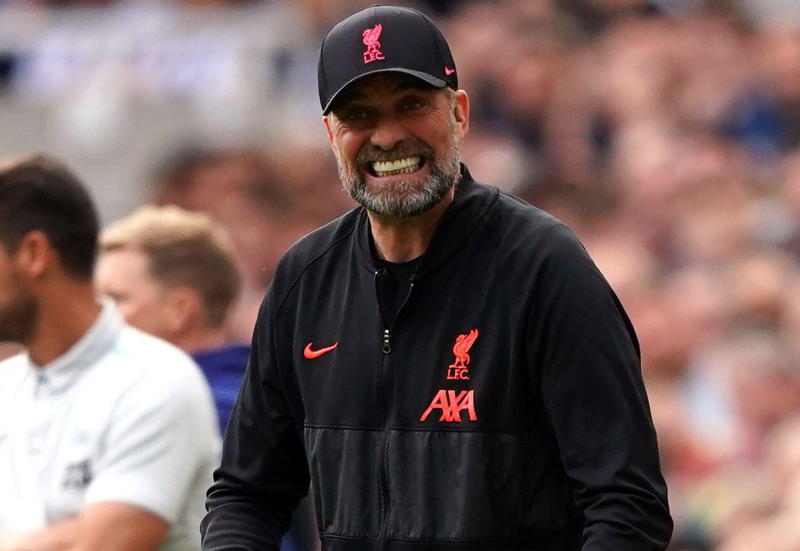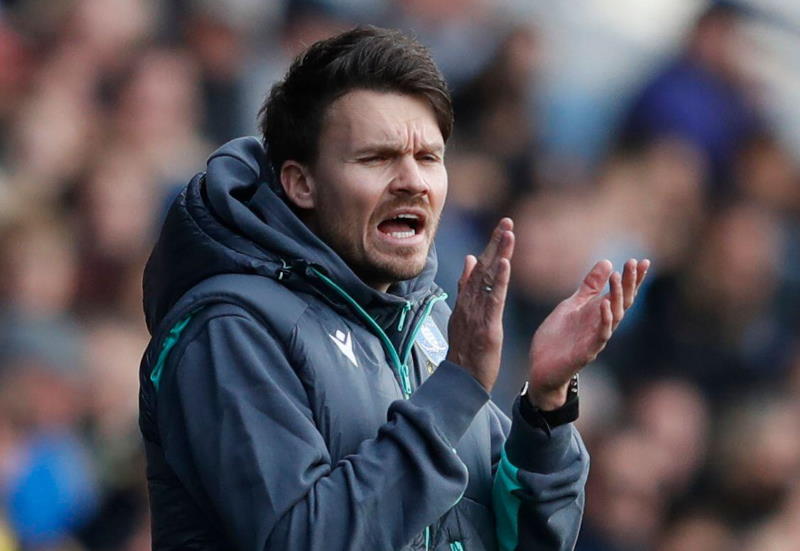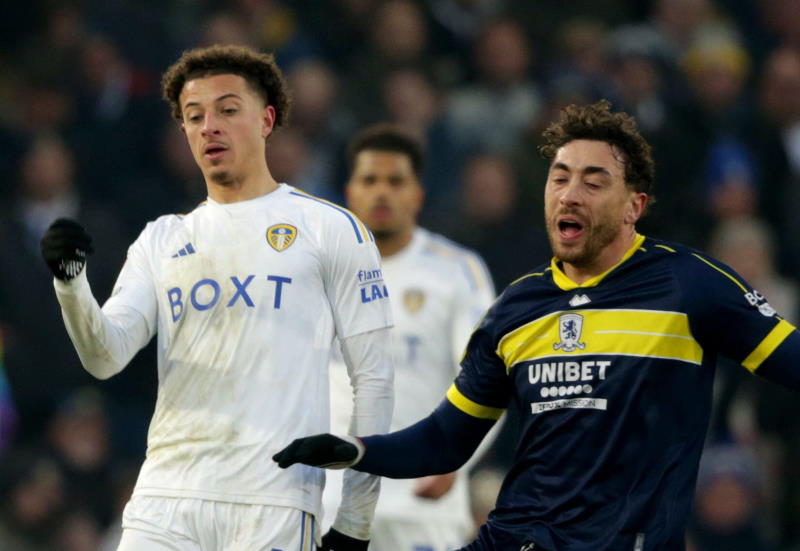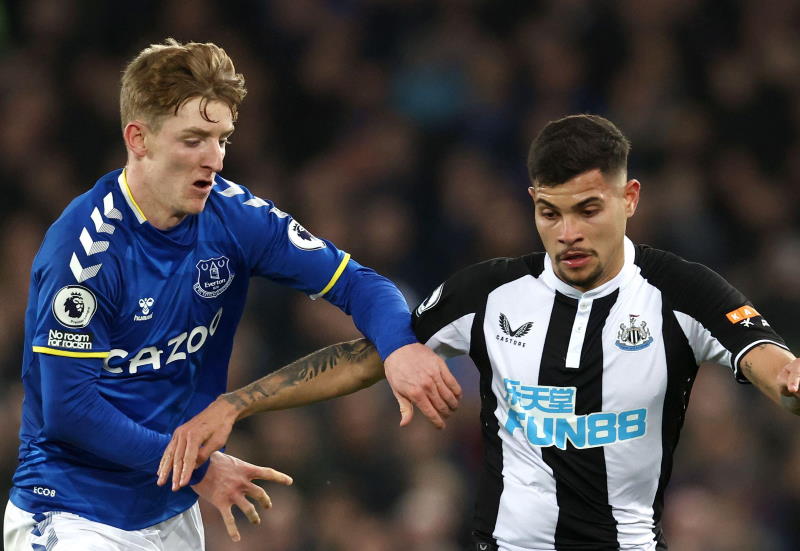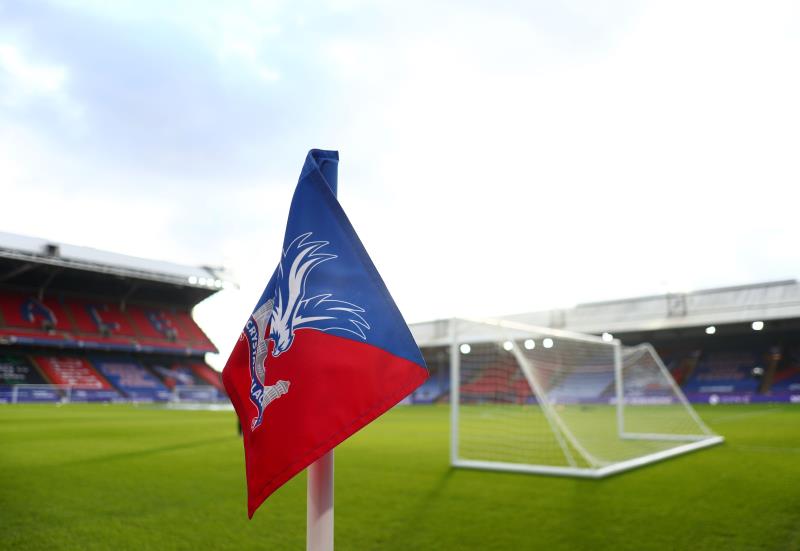
Samrin Hasib
At the time of writing Bayer Leverkusen remain at the summit of the Bundesliga after 19 matchdays. They, besides Barcelona, amongst Europe’s major teams, remain the only side yet to taste defeat this season. It’s been a marvellous campaign so far. But a look back to 2002 will serve as a warning, and a reminder, that Leverkusen are one of Europe’s biggest underachievers.
In 2002, Leverkusen had the chance to win the Champions League, the German Cup, and the Bundesliga, but ended the season empty handed. The month of May that year was perhaps the bitterest in the entire history of the club. Rivals fans soon came up with a new name to describe them: “Bayer Neverkusen", and this rather harsh nickname will stick until the Werkself lift the title.
Leverkusen represent the newest face of the German game. Long gone are the days when every German team was considered just well-disciplined, defensive and clinical. Indeed recently the meeting between Bayern Munich and Werder Bremen shows the evolving face of the domestic game. German sides create plenty of chances, but finish very few off.
The current Bundesliga leaders themselves are a very well-disciplined side: Though it is maybe their only typical German attribute. Leverkusen are youthful, attacking, with a well organised backline. In the dugout sits Jupp Heynckes, perhaps best known for being sacked as Real Madrid boss despite bringing home the Champions League. Heynckes has also coached Benfica, Bayern Munich and Borussia Monchengladbach amongst others.
Despite their reputation for bad luck, this current Leverkusen outfit have enjoyed a good deal of good fortune this season; and in all honesty have much to thank Bayern Munich for. The 64-year-old Heynckes was sitting at home, not knowing what to do with himself, when the Allianz Arena giants called. Jurgen Klinsmann had been sacked, and Bayern believed their former coach could keep the bench warm until the end of the season. Under Heynckes Bayern managed 13 points from the final five games of the 2008/09 season, and former West Germany striker knew he had a few years left in him yet.
Leverkusen duly came knocking at Heynckes door and he took over from former coach Bruno Labbadia. The new boss had an instant impact: Toni Kroos, the talented youngster, was finding playing time hard to come by at the Allianz Arena. The midfielder arrived on loan and has been one of Leverkusen’s best players so far this season.
The league leaders play with a traditional 4-4-2, the midfield made up of two sitting defensive midfielders and two attacking wingers. The two who sit in the middle of the park have been key to helping keep the goals out. Just 15 goals conceded in 19 league games is impressive. No other side has conceded less. No wonder then that keeper Rene Adler is a wanted man.
In defence 22-year-old Daniel Schwaab is the side’s most regular right-back, while Czech Michal Kadlec mans the left full-back slot. Central defence is made up of two seasoned campaigners: 30 year-old veteran Manuel Friedrich and 36-year-old Liverpool legend Sami Hyypia.
Midfield sees Leverkusen with a wealth of options and fantastic strength in depth. When club captain Simon Rolfes picked up an injury in October, 22-year-old Chilean Arturo Vidal stepped up and produced displays of the highest quality partnering German youngster Stefan Reinartz. Tranquillo Barnetta, the Swiss international, patrols one wing, while the wunderkind loaned from Bayern, Toni Kroos, mans the other. Kroos has already found the net seven times this season.
Even up front, in the striking department, Heynckes has options to choose from. Patrick Helmes, who enjoyed an outstanding 2008/09 season suffered a long-term injury blow before this campaign got underway. Eren Derdiyok, the Swiss forward who was the youngest player at Euro 2008 – he was 19 – was brought in and has not disappointed. The ex-Basel man already has seven goals to his name. Alongside Derdiyok, Stefan Kiessling is standing tall with 12 goals so far, even going so far as to keep Helmes on the bench upon his return from injury.
Beyond the starting XI Leverkusen can call upon the likes of Lars Bender, Lukas Sinkiewicz, Gonzalo Castro and Burak Kaplan.
Heading into the second half of the Bundesliga campaign, Leverkusen lead the scoring charts too. Even Bayern Munich, with all their attacking talent, haven’t been able to surpass the total number of goals notched by Bayer. 42 goals in 19 games is more than two per game, but in truth, had Leverkusen taken all the chances they created then they could have had in excess of 60.
Leverkusen being at the summit of the Bundesliga is no coincidence; despite all their individual talent, the club play as a team. Can they keep up this pace and win the Bundesliga? Only time can tell. But if the title goes to the BayArena, it will not just be Leverkusen who are winners, but the game of football as a whole.
Related Articles:
- – All to Play for as Bundesliga Wakes in Germany
- – Hertha Make Berlin Ponder Bundesliga-less Capital
- – Koln Not Yet Offering Home Comforts for Podolski

